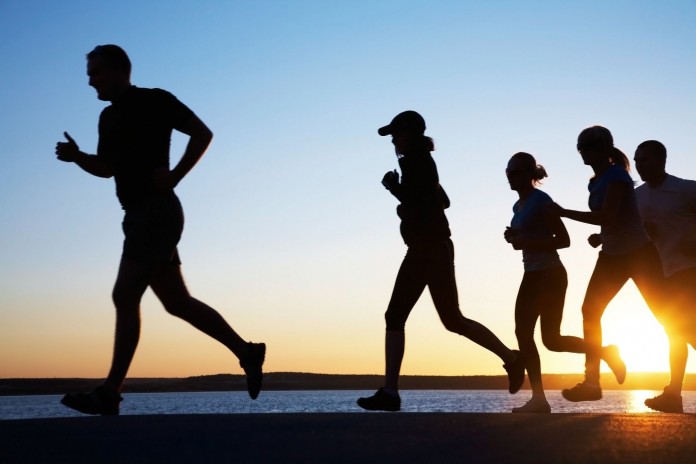Getting older and having more difficulties during your running sessions? As your body begins to age, you may notice you are not as agile as when you were in your 20s. Aerobic capacity decreases, muscle mass reduces, muscle elasticity reduces, lung elasticity declines, bone density reduces, the metabolism slows, body fat increases and the immune system becomes weaker. Sounds like running is going to be very tough, right? However, this does not mean you should quit running; all you need is some slight adjustments to your training pattern. While we recommend these tips for runners over 30’s, they may also be applicable to people of any ages to enhance their marathon running:
Know When To Rest
As your calendar years increase, your body becomes more fragile and more prone to injuries and strains. It may be time for you to consider cutting back on your total training days, and having extra rest to help your body recuperate for a better quality training session. Training more may not necessarily help you to run better because when you overwork your body, you are at risk of illnesses and injuries like stress fractures. Nobody wants to fall sick or become injured while training for a marathon. That will only end up counterproductive for your training and what you want to achieve.
Do Not Skip Your Warm Up
Training can feel equally tiring as the marathon itself, which is why it is important to warm up before training. Your muscle mass reduces as you age, thus it is crucial to treat your muscles with the care they deserve. Before and after you train, it is always good to stretch to protect your muscles and their elasticity. Your muscles are not as guarded as they were when you were younger, but stretching can help to prevent injuries.
Know When To Stop
Running is a very delicate sport, and unless you treat it as so, you are likely to be prone to common injuries such as stress fractures and pulled muscles – a runner’s nightmare before a marathon. When you are training or planning your training, it is good to set rational goals. Keep track of your own performance patterns and evaluate on how you can improve or how you can adjust your goals in your training plans. Always know when to stop and when not to push yourself too hard. It is also good to join a running group as you can seek opinions or advices from other experienced or professional runners. As long as you have put your best effort into the training, there is no reason to feel shameful for not completing a training session. It is simply not worth it to risk an injury because of your own pride.
Have Some Variety In Your Training
Training for a marathon does not only encompass endless running on a treadmill, spending your time at a gym lifting weights, or other typical training techniques for runners. In fact, it is highly recommended to diversify yourself with different training varieties. This includes aerobic running, cycling, and swimming, among many others you can try out. Cross-training helps expose your body to different circumstances which helps to increase your durability and fitness level, both of which are important when running marathons. In fact, yoga and pilates complement the demands of running and has proven to be very beneficial to a person’s physical fitness.
Prepare For The Worst
Exit your comfort zone and train in different conditions. Even though we experience the same climate in Singapore all year round, we can still train at different times of the day for different results. This can be incredibly helpful to the success of your marathon, as it prepares you for what could potentially happen when running a marathon. Marathons can have unexpected weather conditions, which you may not be prepared for. Therefore it is crucial to expose your body to these harsh conditions and let your body learn how to adapt to them. Not only does it help you in preparation for these circumstances, but it will also add perception to how easy it is to run in modest conditions. A pleasant weather on marathon day will make your experience more enjoyable and tranquil which should result in a better time.
Never Too Old To Run
Nobody is ever too old to run. In fact, runners 50 years and older represent one of the fastest-growing age groups participating in the increasingly popular marathon events. The key to preparing for a marathon is to train hard without overworking, and taking enough precautions to prevent injuries in your training sessions. Not only will your body thank you for it, but you are like to perform far better in a marathon.
Quick Links:


